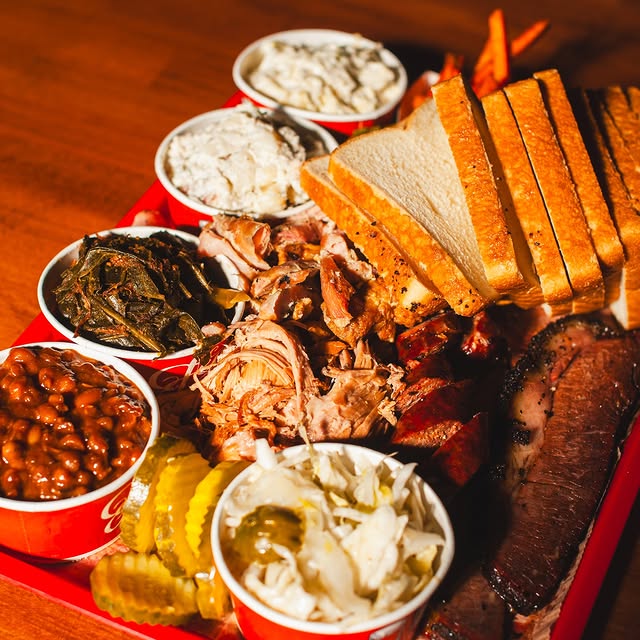You know that feeling when everyone’s smiling, the grill’s humming, and suddenly – the brisket’s gone. You’ve still got hungry guests and an empty serving tray. Every pitmaster’s nightmare.
Figuring out how much BBQ per person isn’t guesswork; it’s a little math, a little experience, and a touch of common sense. Too little, and you’ll run out of ribs by round two. Too much, and you’ll be living off leftovers for a week (not the worst fate, but still).
So, let’s break down exactly how much BBQ you should make per person, with seven practical, battle-tested tips that’ll keep everyone fed and happy – without breaking your back or your budget.
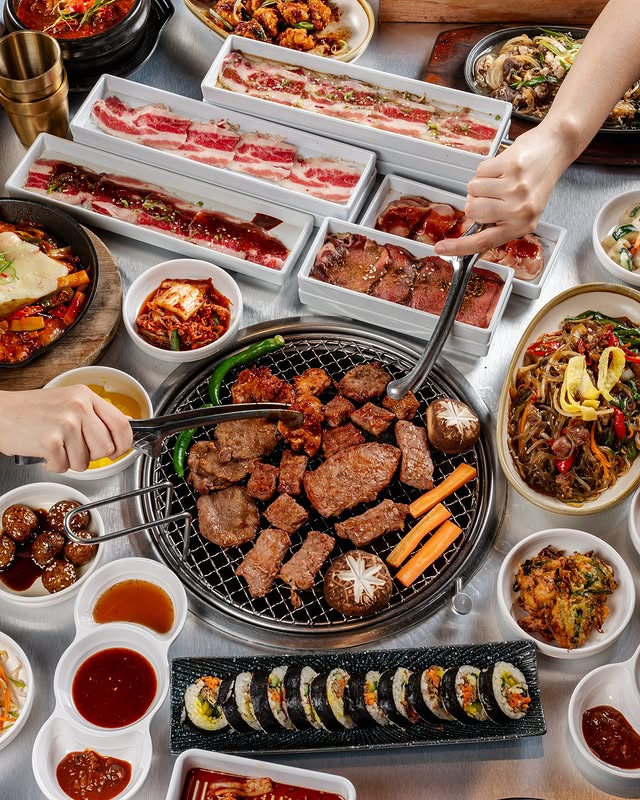
1. Start with the Basics – The Golden Rule of BBQ Portions
Here’s the first thing you need to know: ½ pound of cooked meat per adult is your magic number.
That’s about 225 grams per person, give or take depending on appetite. For kids, aim for ⅓ pound (150 grams).
Keep in mind, meat loses weight when it cooks. Most BBQ cuts lose about 30–40% of their raw weight due to fat and moisture. So if you need 10 pounds of cooked meat, you should start with around 15 pounds raw.
Quick BBQ Math:
Adults × 0.5 lbs + Kids × 0.33 lbs = Cooked Meat Needed
Cooked Meat ÷ 0.65 = Raw Meat to Buy
This formula saves you from eyeballing and praying to the BBQ gods.
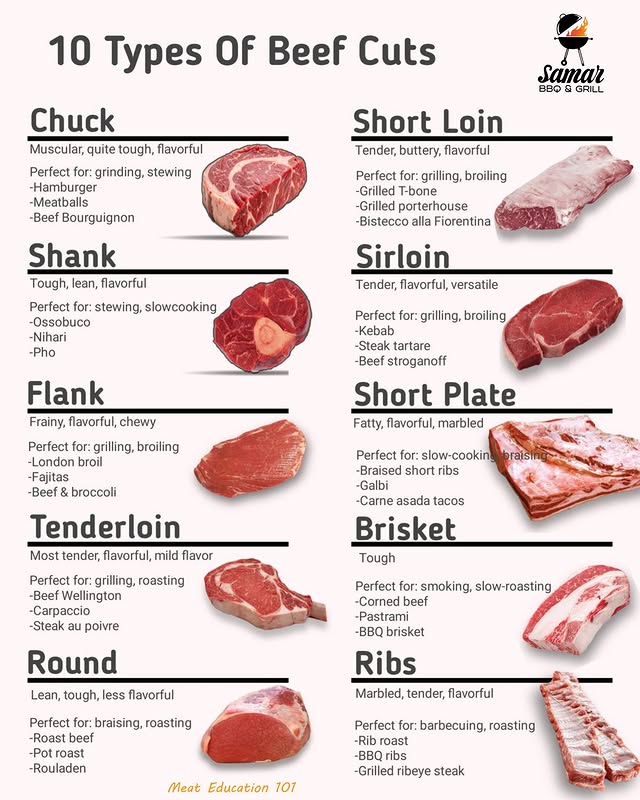
2. Know Your Meat – Each Cut Has Its Own Rules
Different meats shrink differently and fill people up in different ways. If you’re serving a mix, adjust accordingly.
Here’s your pitmaster cheat sheet:
| Meat Type | Cooked Portion per Person | Start With (Raw) | Notes |
| Pulled Pork | ⅓–½ lb | ¾ lb | Pork shoulders lose about 40% when smoked |
| Brisket | ½ lb | ¾–1 lb | Trimmed brisket shrinks a lot – plan generously |
| Ribs | 3–4 ribs | — | Baby backs are lighter; spares feed more |
| Chicken | 1 leg quarter or 2 drumsticks | — | Easier to portion and cheaper |
| Sausage | 1 link or 4 oz | — | Great filler meat for variety |
Pro tip: Ribs are tricky – people always eat more than they think. Always err on the side of one extra rack “for safety.”

3. Consider Who You’re Feeding
Your guest list matters as much as your menu.
A crowd of college buddies watching football? They’ll demolish everything in sight. A family BBQ with kids and grandparents? You’ll have more leftovers than you think.
Also, the weather and setting affect appetite. Outdoor heat, swimming, or drinking makes people hungrier. Lazy Sunday picnic? Not so much.
If you’ve got a mix of light and heavy eaters, average it out – say, 0.45 lbs per person cooked.
Example:
12 adults × 0.5 lbs = 6 lbs
6 kids × 0.33 lbs = 2 lbs
Total cooked meat = 8 lbs (about 12 lbs raw)
That’s a balanced plate for most gatherings.
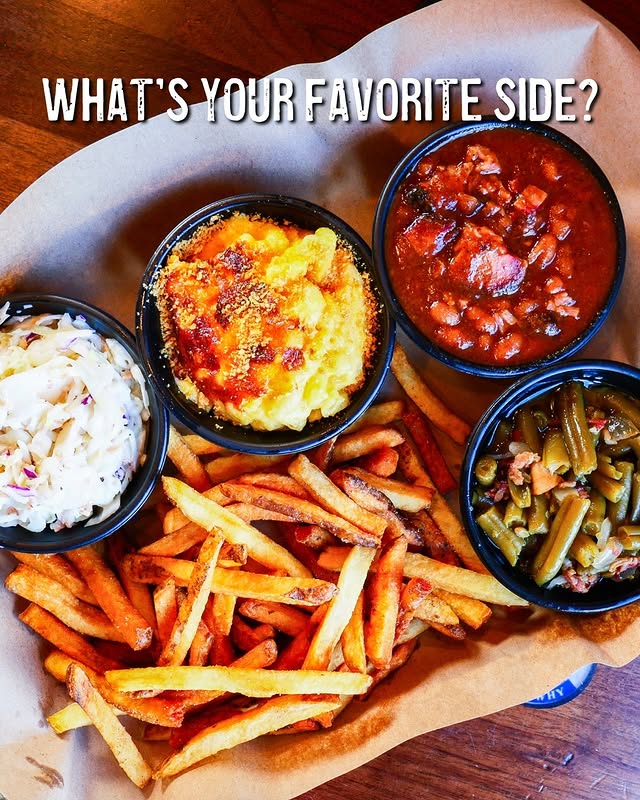
4. Account for Sides and Add-Ons
Here’s where many overdo it: too much meat, not enough mac and cheese.
The truth is, the more sides you serve, the less meat each person eats. Every scoop of potato salad or baked beans chips away at the meat portion.
A good rule of thumb:
- ½ cup of starchy side (mac, potatoes, beans)
- ½ cup of salad or veggies
- Maybe a roll or bun per guest
If you’re serving hearty sides – mac and cheese, corn on the cob, or loaded baked potatoes – you can shave a bit off the meat portion (closer to ⅓ lb per person).
Pro tip: Cheap sides like slaw and beans stretch the meal without stretching your budget. Plus, they balance the richness of smoked meat.
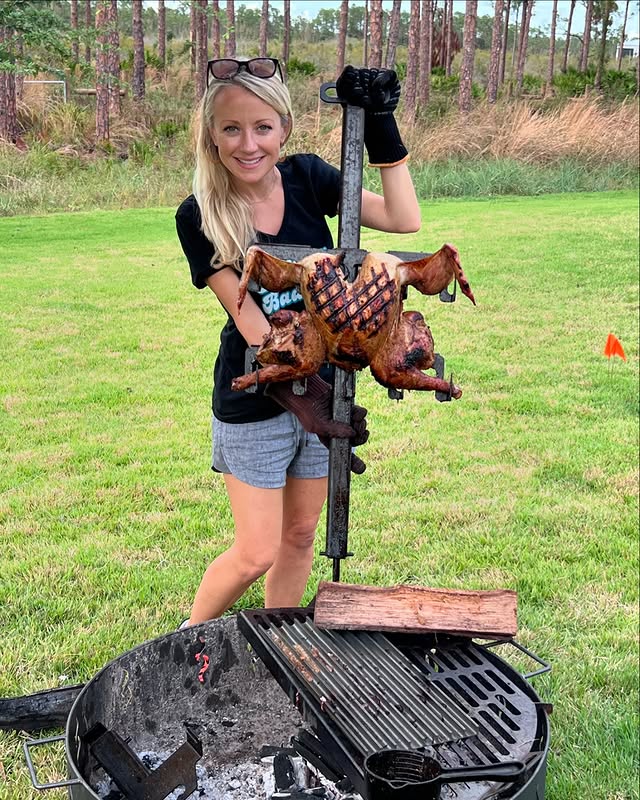
5. Adjust for the Event Type
Not all BBQs are created equal.
- Sit-down dinners: Guests eat less – meals are portioned and structured.
- Buffets or casual backyard parties: Guests eat 15–20% more (especially if it’s self-serve).
- All-day open houses or tailgates: Plan to replenish – extra trays of pulled pork in the slow cooker keep things rolling.
If you’re feeding folks who come and go, assume two waves of eaters.
Pro tip: Keep extra buns, pickles, and sauces handy. They fill plates fast and stretch your protein further without anyone noticing.
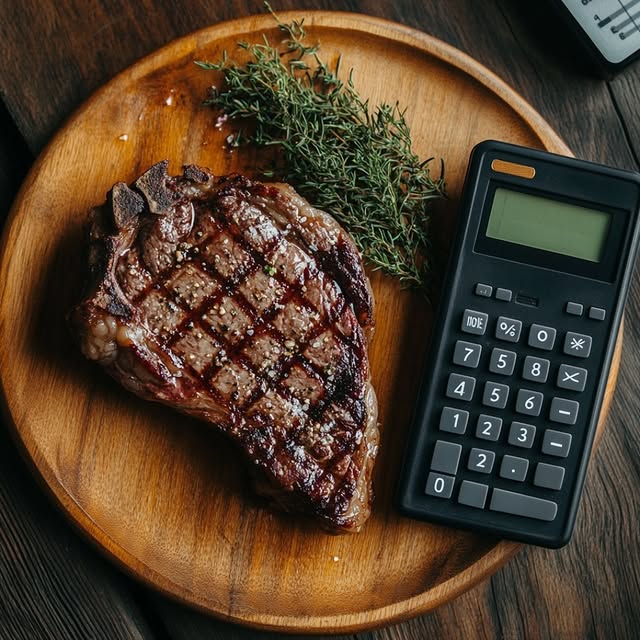
6. Use a BBQ Portion Calculator (Or Be Your Own)
You can Google “BBQ calculator,” but let’s be real – you don’t need fancy tech. You need a simple formula and a pen.
The Pitmaster’s BBQ Calculator:
(Adults × 0.5 lbs) + (Kids × 0.33 lbs) = Cooked Meat
Cooked Meat ÷ 0.65 = Raw Meat to Buy
Say you’re feeding 30 people (24 adults, 6 kids):
(24 × 0.5) + (6 × 0.33) = 13.98 lbs cooked
13.98 ÷ 0.65 = 21.5 lbs raw meat needed
That’s how much raw meat you buy in total. Mix and match by type if you’re serving multiple meats (e.g., 10 lbs brisket, 6 lbs pork, 5 lbs chicken).
Pro tip: Round up to the nearest pound. The grill won’t mind.
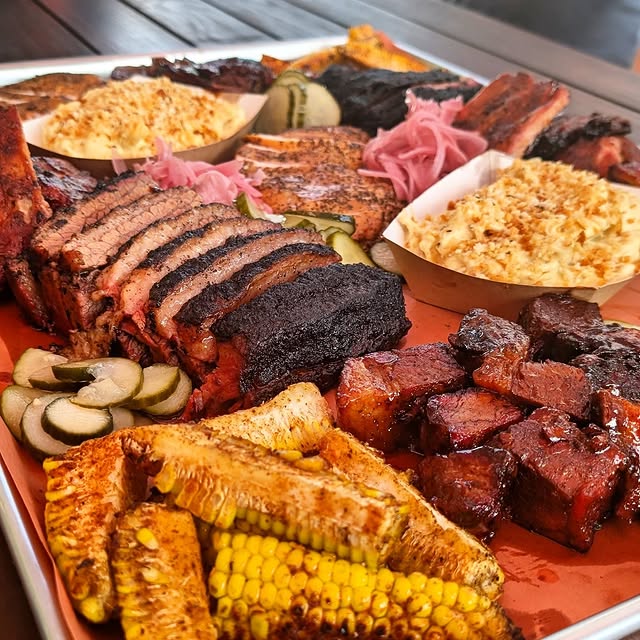
7. Don’t Forget Leftovers and Presentation
Always plan 5–10% extra. Someone’s going to go back for seconds, and leftovers never go to waste.
Plus, presentation matters. Serving sliced brisket on a platter looks generous but uses less meat than piled sandwiches. Pulled pork sliders? Even better meat economy.
If you do end up with extra, don’t toss it. Wrap portions in foil or freezer bags. Pulled pork and brisket freeze beautifully. Use them later for tacos, sandwiches, or BBQ chili.
Remember: Leftovers are a pitmaster’s badge of honor. They mean you fed everyone well.
Bonus: Quick BBQ Portion Chart
| Item | Serving per Person | Raw to Cooked Ratio | Example for 10 People |
| Pulled Pork | ½ lb | 70% yield | 7 lbs raw |
| Brisket | ½ lb | 60% yield | 8 lbs raw |
| Ribs | 3–4 | — | 30–40 ribs |
| Chicken | 1 leg quarter | — | 10 pieces |
| Sausage | 1 link (4 oz) | — | 10 links |
Print this out. Stick it to your fridge. It’s your new secret weapon.
Learn to Master the Portion Game
You don’t need to be a math whiz to figure out how much BBQ per person – you just need a plan.
Follow the golden rule (½ pound per adult), adjust for sides and appetites, and always round up a little.
BBQ is about generosity. It’s about the smell of smoke, a cold drink in hand, and people coming back for “just one more bite.”
Get the portions right, and you’ll have the most important ingredient of all: happy, full guests – and a pitmaster who can finally sit down and enjoy the feast too.
Featured image credit: @feastbbq

